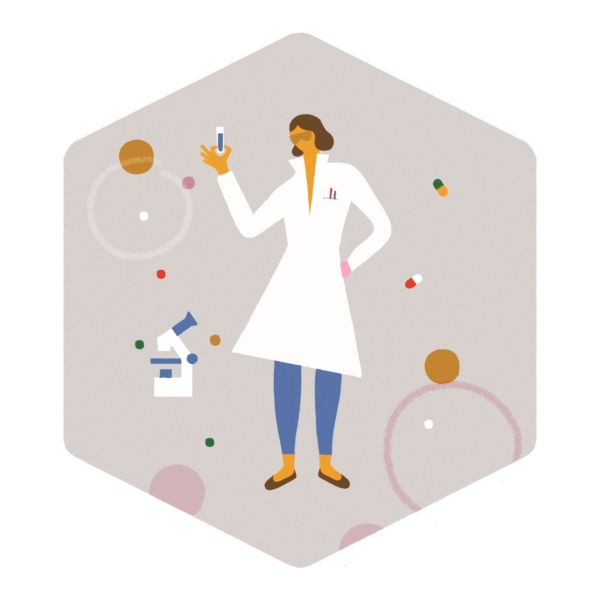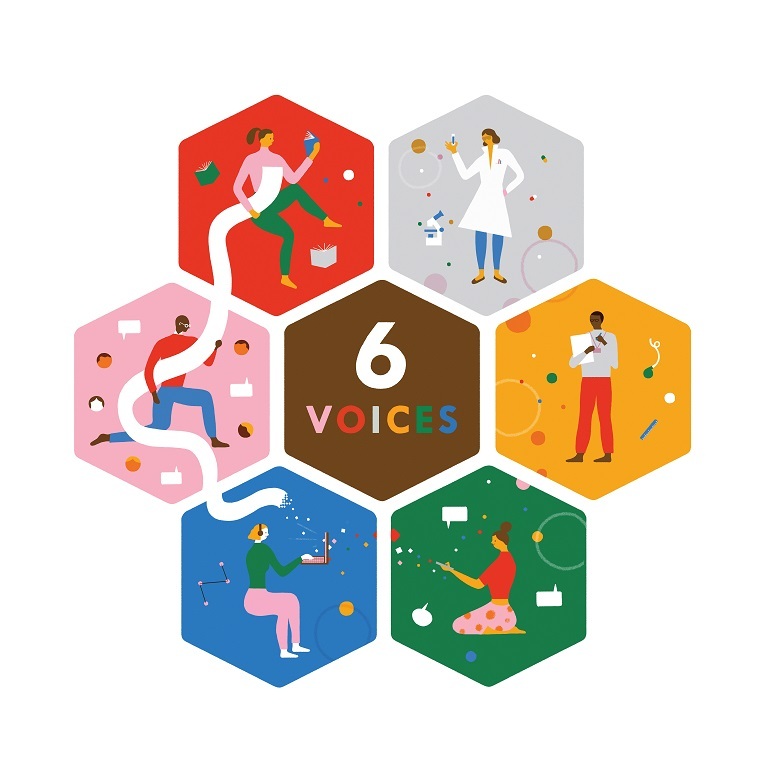
A Medical Science Perspective on 160 Characters
Our final blog on this series comes from Dr Geordan Shannon, a medical doctor and anthropologist , who gives us her thoughts and insights into the 160 Characters workshop.
Published on Mar 01, 2019
A Medical Science Perspective on 160 Characters
Our final blog on this series comes from Dr Geordan Shannon, a medical doctor and anthropologist , who gives us her thoughts and insights into the 160 Characters workshop.
Published on Mar 01, 2019


In August 2018, the 160 Characters Project workshop was held in London. The project is an innovative model for analysing text message support data using a ‘six voices’ framework; combining insights from medical science, literature, socio-cultural, implementation, technology and participatory. Experts from the ‘six voices’ framework analysed the text messages shared between the participants. The workshop created intense debate on what is good communication and how does each discipline measure successful interaction in the lives of people living with HIV. In the workshop, it became clear the echoes between disciplines; voices re-shaped and reiterated ideas expressed by other disciplines, yet each new formulation brought rich divergences in understanding the data, its limitations, and the future for better implementation of the technology.
Following the success of this dialogue, we have collected a series of blog posts from each of the six voices. This will provide an insight into the findings of the workshop, as well as foregrounding the potential of each discipline for thinking through the key questions of what is good communication, how can technology be used to create supportive communication and can this be leveraged to help improve the lives of people living with HIV.
For the six instalment we spoke to Dr Geordan Shannon, a medical doctor and anthropologist, about the medical sciences perspective on the Khuluma text message data.

Audre Lorde wrote that “the master’s tools will never dismantle the master’s house”. The house she was speaking of dismantling was that of racial, gender and homophobic oppression, but these words also have power in thinking about our approach to mental health, illness and stigma.
The experience of living with a health condition, whether mental or physical, is complex and multifaceted. Yet, so often this experience is spoken of in singular terms – whether medical or cultural – without appreciating how that discourse can create stigma. To unpick these experiences and work out how better to address them, we need a holistic, interdisciplinary approach that brings different voices together. That’s why the 160 Characters project is so powerful and holds so much potential.
Where did the medical science perspective fit within the context of those other voices in the project?
The medical science perspective was critical in keeping the discussion and analysis grounded in the question “does this actually work?” Does the Khuluma support group model make a positive impact on the lives of the participants, and if so how? Our aim in asking this question is both academic and pragmatic. We want to find out what it means for it to work – what are the markers of effectiveness? And in identifying when the interactions are at their most effective, we want to find out how the model can be developed – how can we build something even better? This perspective simultaneously ensures we consider the existing system of care, particularly as a point of comparison with the Khuluma model.
The text message data is an incredibly rich resource: it presents so many potential avenues of exploration. I think these questions, which are so central to medical science as a discipline, are crucial to keep 160 Characters anchored in practicality.
Did that approach contrast starkly with any of the other voices?
I certainly found the approach taken by the literature voice to be the most surprising to see in action, given how different their way of reading the data was to mine. Their focus on the detail – reading between the lines, looking for what was left unsaid – hugely enriched our collective analysis. It allowed us to play with different realities the data offered, analysing the text from different angles.
So, would you say that the literature and medical science perspectives were at opposite ends of the spectrum in the ways they approached the data?
No, I would actually say that medical science fell somewhere between the literature and social science perspectives. Where the former looked at the detail, the latter continually placed the data within the bigger picture, keeping its wider contextual surroundings close at hand in its analysis. The medical science perspective does some of both: we looked at the detail while also looking for the ways our learnings can be extrapolated to become applicable in other settings and scenarios.
But it wasn’t so much that each of the voices fell on a single spectrum in their approaches. We realised as the process went on that each voice approached the text on two different scales. Firstly, how we approached the actual data set: did we look at an extract of text or the whole body of messages? Secondly, how we assessed the intervention itself: did we focus only on the Khuluma participants or think about the applicability to adolescents across the rest of the world?
The medical science perspective meant I tended to look at the data itself at a smaller scale, focusing on the detail of particular extracts, while thinking always about how what we learn can inform and improve the system of care for adolescents living with HIV.
Each voice worked with a different combination of these two scales, showing how powerful the interdisciplinary approach was in ensuring the data received 360 degrees of analysis. This is not a matter of either/or, but rather both/and.
And of course, the voice of the adolescents is the focal point around which all the other voices pivot.
Visit our 160 Characters website: http://www.160-characters.org/
Text: Dr Geordan Shannon interviewed by Iona Gaskell
Illustration: Maggie Li; maggie.li
Published on: 05-03-2019

Contact Us

Have a challenge you think we could help with? A project you'd like us to collaborate on?
Just want to say hi? Reach out - we love meeting new people